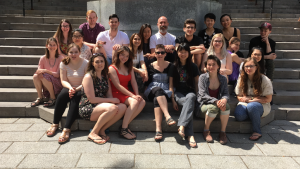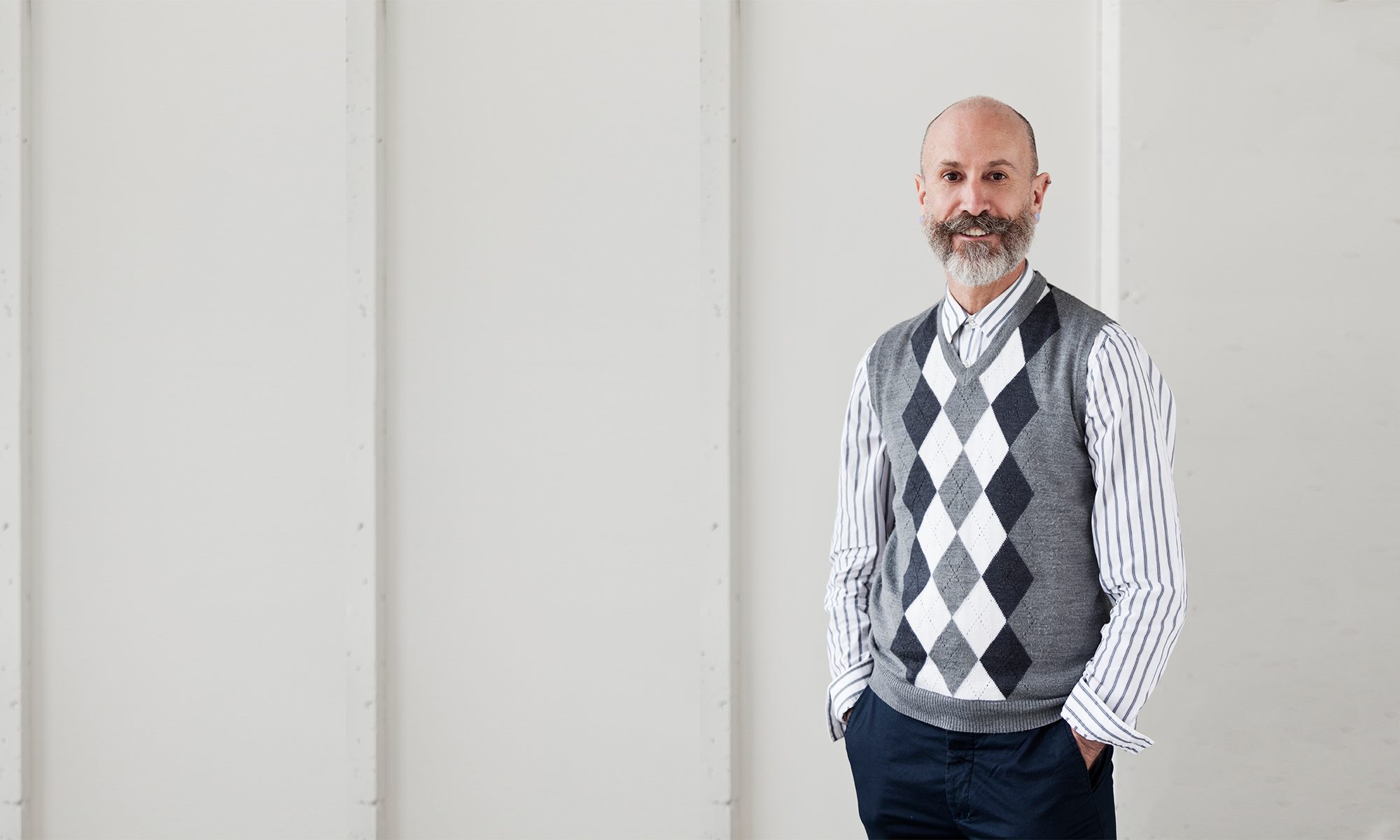McGill University
My teaching approach prioritizes two primary aspects: content and process.
Content refers both to the scholarly topics and personal issues that span philosophical, theoretical, social, educational, practical, and individualist layers of exploration and discussion. For example, in MUPG 475 Fundamentals of Vocal and Instrumental Pedagogy, I incorporate such scholarly topics as what music learning looks like, democratic and historic perspectives of music teaching, and the difference between teaching students and teaching repertoire. From a personal issues perspective, I incorporate such topics as our relation with music and the interactions between teachers and parents. I use this multilayered focus on content to shed light on how effective music studio teachers intentionally draw from scholarly musical knowledge and skills in combination with their own personal values and beliefs as the spark to students’ musical flame.
Process refers to the various ways I engage students’ active participation in the learning process. This means genuinely getting to know students, paying attention to what they want to get out of the course, and providing generous space for questioning and reflection. I incorporate frequent small group discussions so students have ample opportunity to voice their academic and personal viewpoints. My goal is to use students’ scholarly and personal interests as the foundation for meaningfully supporting and challenging their developing pedagogic knowledge and skills.
Why this teaching approach? I intentionally integrate content and process because I value their positive impact on what students consistently take away from my courses. On one side, I diligently present scholarly content because without knowledgeable insight, I worry that many university students may run the risk of unknowingly perpetuating their own autobiographical “good and bad” experiences of having been taught. On another side, without meaningful processes in my teaching approach, there’s a risk that university students will treat scholarly content as something impractical and irrelevant with no real life application outside academia. By integrating content and process in my teaching approach, I set up an instructional environment that encourages students to become personally invested in their own studies, to identify their own educational strengths and gaps, and most importantly to critically evaluate unexplored educational ideas and hold onto challenging pedagogical perspectives until they trigger new knowledge.
My evolving teaching approach has been influenced by my own curiosity and the input of colleagues over forty years. Beginning in Japan during the 1980s, I came to understand that mastery of instructional knowledge and skills (content) were not the complete answer to successful teaching. Equally important was the need for authenticity – the idea of teaching as the person I am, rather than the person I think others want me to be (process). Working with music teachers and academic colleagues across Canada, USA, New Zealand, and Australia for three decades inspired me to develop an instructional framework and language that focuses on informing (content) and guiding (process) without controlling other’s thought processes and teaching practices. Finally beginning in 2010 at the U of Calgary Werklund School of Education and in 2016 McGill’s Shulich School of Music, as scholar and instructor I work to improve my teaching by exploring the multilayered and intersecting dimensions involved in teaching subject matter (content) and teaching students (process).
Fundamentals of Vocal and Instrumental Pedagogy Course Outline
